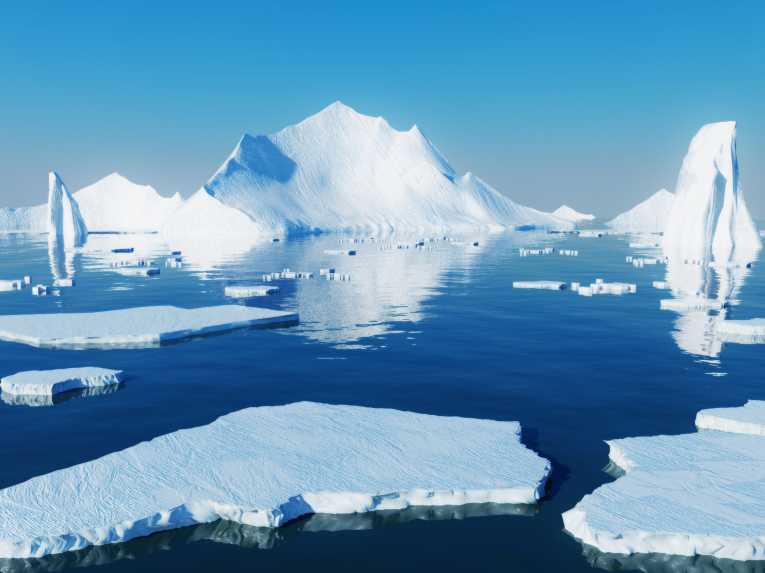A major project to document the changing waters around Europe has revealed some startling glimpses of seas in a state of flux. The causes are many, and the consequences unpredictable, but from the Black Sea to the Atlantic, and beyond, up into the Arctic, the sound of distress is unmistakable. Project CLAMER is an 18-month initiative seeking to discern the trends from a flood of information, held in 300 studies of European seas conducted over the last 13 years.
And a snapshot of the work underway - to be discussed at a conference in Belgium in September - includes the worrying news that the Arctic is becoming a bridge for sea life migrating from the Pacific.
Creatures both large and small - from plankton to whales - are making use of the reduced ice cover of the Arctic to shift from the Pacific waters to new homes in the Atlantic. The plankton, a species of algae called Neodenticula seminae, were picked up by the Continuous Plankton Recorder Survey, which is the longest running marine survey across the globe. It is believed they came through on pulses of water breaking through from the Pacific - and could literally herald a sea-change for the Atlantic.
Sir Alister Hardy, of the Foundation for Ocean Science, said that this was "the first evidence of a trans-Arctic migration in modern times... such a geographical shift could transform the biodiversity and functioning of the Arctic and North Atlantic marine ecosystems." That's because plankton form the basis of the marine food chain - and the return of a primary food source that hasn't been seen for 800,000 years could have unforeseen consequences.
And whilst welcome news for whale-watchers, the first-ever spotting of Pacific gray whales as far afield as Israel and Spain is another sign that life in Europe's seas is undergoing dramatic change. Another concern picked up by Project CLAMER comes from copepods - the teeming food source of many fish, including threatened cod. These tiny crustaceans are a rich source of oil for growing fish, and young cod depend on them to boost themselves to maturity.
But the copepods have gone from the southern North Sea, says Norway's Institute of Marine Research - moving north with warming waters. That makes helping cod stocks to recover from half a century of overfishing all the more difficult. It's not all doom and gloom for every fish species, though.
Project CLAMER has picked up on some species that are doing well out of warmer seas - sea bass, mullet, solenette and scaldfish, all of which are increasing in numbers and expanding northwards, according to the Royal Netherlands Institute for Sea Research.
And the Black Sea is benefiting from the arrival of new Mediterranean species, which may increase the diversity of life there overall - even though it may threaten existing native species. However things pan out, for individual parts of the European complex of seas, and ocean margins, it is the rate of change, and the lack of predictability, which has scientists worried.
Dr. Carlo Heip, from the Royal Netherlands Institute for Sea Research (NIOZ) - lead-institute of the CLAMER project - said "We need to learn much more about what's happening in Europe's seas, but the signs already point to far more trouble than benefit from climate change. Despite the many unknowns, it's obvious that we can expect damaging upheaval as we overturn the workings of a system that's so complex and important."
Top Image Credit: © z576










